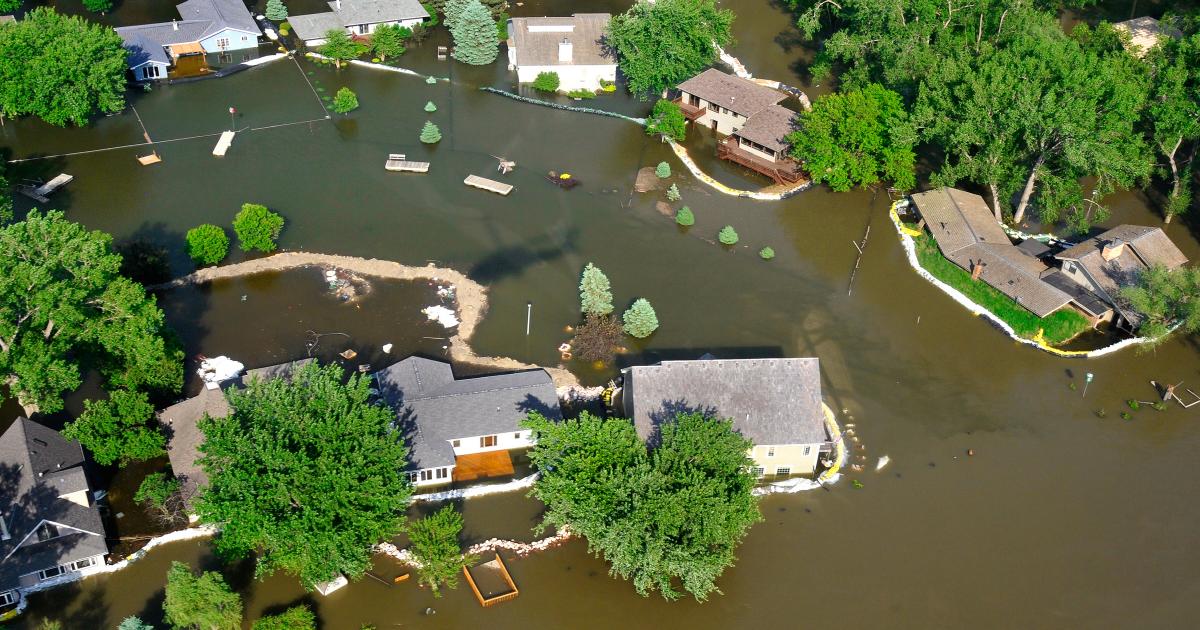“Short answer: Yes. Even a seemingly slight average temperature rise is enough to cause a dramatic transformation of our planet.
Five and a half degrees Fahrenheit. It may not sound like much—perhaps the difference between wearing a sweater and not wearing one on an early-spring day. But for the world in which we live—which climate experts project will be at least
5.7 degrees Fahrenheit warmer by 2100, relative to pre-industrial levels (1850–1900), should global emissions continue on their current path—this small rise will have grave consequences. These impacts are already becoming apparent for every ecosystem and living thing, including us.
Human influences are the number one
cause of global warming, especially the carbon pollution we cause by burning fossil fuels and the pollution capture we prevent by destroying forests. The carbon dioxide, methane, soot, and other pollutants we release into the atmosphere act like a blanket, trapping the sun's heat and causing the planet to warm. Evidence shows that the 2010s were hotter than any other decade
on record—and every decade since the 1960s has
averaged hotter than the previous one. This warming is altering the earth's climate system, including its land, atmosphere, oceans, and ice, in far-reaching ways.
Higher temperatures are
worsening many types of disasters, including storms, heat waves, floods, and droughts. A warmer climate creates an atmosphere that can collect, retain, and unleash more water, changing weather patterns in such a way that wet areas become wetter and dry areas drier.
The increasing number of droughts, intense storms, and floods we're seeing as our warming atmosphere holds—and then dumps—more moisture poses risks to public health and safety too. Prolonged dry spells mean more than just scorched lawns. Drought conditions jeopardize access to clean drinking water, fuel out-of-control wildfires, and result in dust storms, extreme heat events, and flash flooding in the States. Elsewhere around the world, lack of water is a leading cause of death and serious disease and is contributing to crop failure. At the opposite end of the spectrum, heavier rains cause streams, rivers, and lakes to overflow, which damages life and property, contaminates drinking water, creates hazardous-material spills, and promotes mold infestation and unhealthy air. A warmer, wetter world is also a boon for foodborne and waterborne illnesses and disease-carrying insects, such as mosquitoes, fleas, and ticks.
Higher death rates
Dirtier air
Higher wildlife extinction rates
Higher sea levels
More acidic oceans”
Short answer: Yes. Even a seemingly slight average temperature rise is enough to cause a dramatic transformation of our planet.

www.nrdc.org
And that’s just the beginning.

www.nrdc.org

